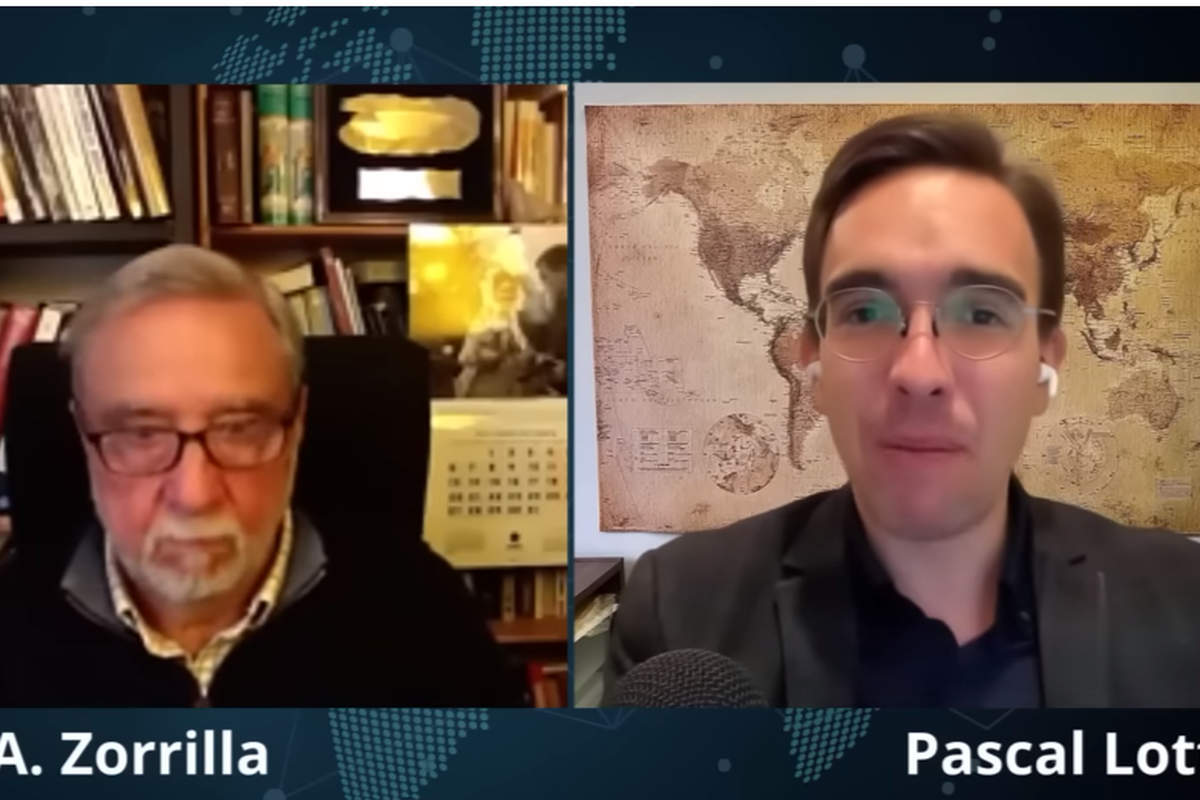In an unfiltered interview, former Spanish ambassador José Zorrilla offers a critical analysis of the Ukrainian crisis, and reveals what goes on behind the scenes in European diplomacy.
The transcript of an interview between Ambassador José Zorrilla and Pascal Lot reveals rarely expressed perspectives on relations between Europe, Russia and the United States. A former Spanish diplomat who served from 1973 to 2011, including as ambassador to Georgia, José Zorrilla shares a candid view of the events leading up to the current conflict.
The diplomatic underside of the Ukrainian crisis
According to Ambassador Zorrilla, the professional diplomatic community was well aware of the preparations for regime change in Ukraine long before 2014. He asserts that the Istanbul peace accords between Russia and Ukraine had initially been agreed, before being abandoned under American pressure.
The contested role of the European Union
The former diplomat severely criticizes the European Union’s alignment with the US position, particularly with regard to sanctions against Russia. He highlights the paradox of a Europe which, in his view, is acting against its own strategic interests by following a policy of hostility towards its Russian neighbor.
The divide between politics and diplomacy
One of the most revealing aspects of the interview concerns the divergence between the public positions of European governments and the analysis of their professional diplomatic corps. Zorrilla asserts that many diplomats privately share a very different reading of the situation, but are unable to express it publicly.
Prospects for reconciliation
The ambassador believes that normalization of relations with Russia is inevitable in the long term, citing historical precedents such as Franco-Russian reconciliation after the Napoleonic era. He points out, however, that this process could take a decade or so, and will require a significant change in Europe’s political approach.
The interview concludes on a pessimistic note concerning the ability of current European leaders to bring about this paradigm shift, with the ambassador suggesting that a generational renewal will probably be necessary to enable a genuine evolution in European policy towards Russia.

